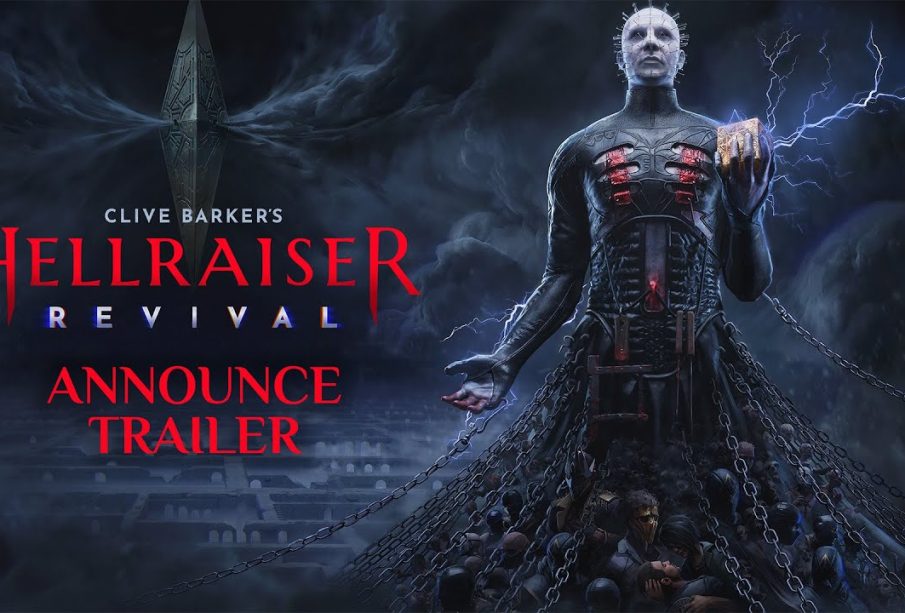The Enduring Legacy of Clive Barker’s Hellraiser

Introduction
Clive Barker’s Hellraiser, first introduced through his novella The Hellbound Heart in 1986, has become a cornerstone of the horror genre. Not only was it pivotal in redefining horror narratives, but it also introduced audiences to the iconic Cenobites, led by the enigmatic Pinhead. The relevance of Barker’s work continues to thrive as new adaptations and sequels emerge, influencing filmmakers and horror enthusiasts alike.
The Original Hellraiser
When Hellraiser hit theatre screens in 1987, it shocked audiences with its vivid portrayal of pain and pleasure, weaving together themes of desire, obsession, and the afterlife. Barker’s unique storytelling and visionary direction brought to life the Cenobites, a group of sadomasochistic beings that explore the intersection of pleasure and pain. The film was not just a commercial success; it also spawned an entire franchise that would endure for decades.
Impact on Horror Culture
The film’s legacy has permeated throughout horror culture, influenced by Barker’s ability to blend fantasy with horror. The Cenobites have become symbols of terror in popular culture, and their aesthetic has paved the way for various interpretations and tributes seen in other media. Moreover, Barker’s exploration of complex themes such as morality and existence challenged the conventional tropes of horror cinema at that time.
Recent Developments
In recent years, the Hellraiser series has seen a revival with new adaptations. In 2022, a remake of Hellraiser was released on Hulu, introducing a new generation to the chilling world of Barker’s creation. Directed by David Bruckner, this film has garnered attention for its fresh take on the material while remaining faithful to the source. The new film aims to delve deeper into the characters and lore, showcasing a modern interpretation of Barker’s original themes.
Conclusion
Clive Barker’s Hellraiser remains a significant landmark in the horror genre, influencing countless filmmakers, writers, and artists. Its ability to explore the complexities of human emotions, combined with a unique horror aesthetic, ensures that it resonates with audiences today. As new adaptations continue to surface, it is clear that Barker’s legacy will not only endure but evolve, captivating both new and long-time fans of horror. Readers can look forward to more chilling developments from this iconic saga as it ventures into the future.





